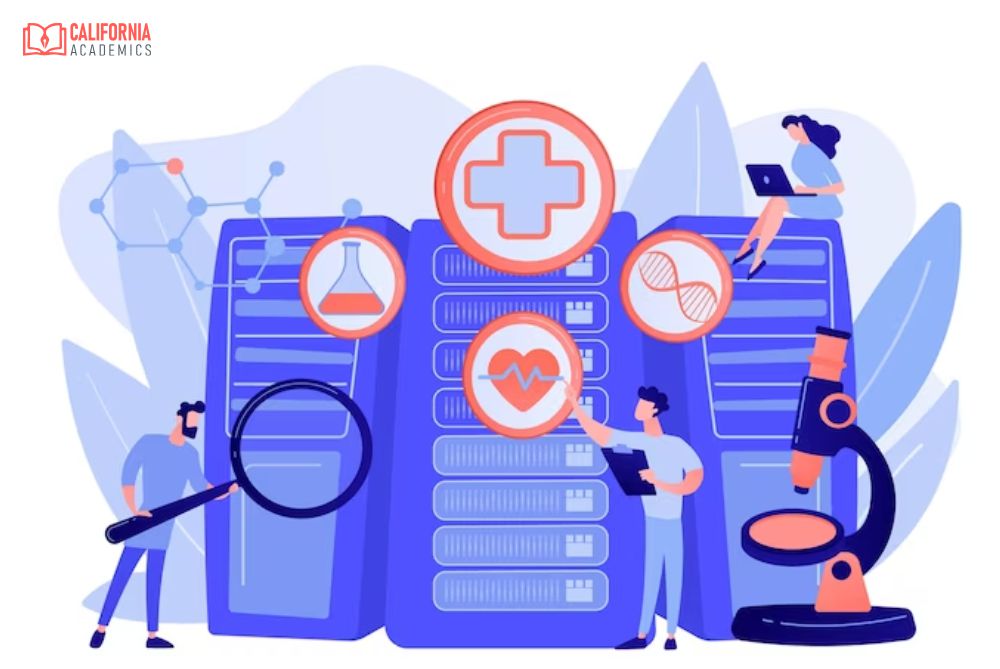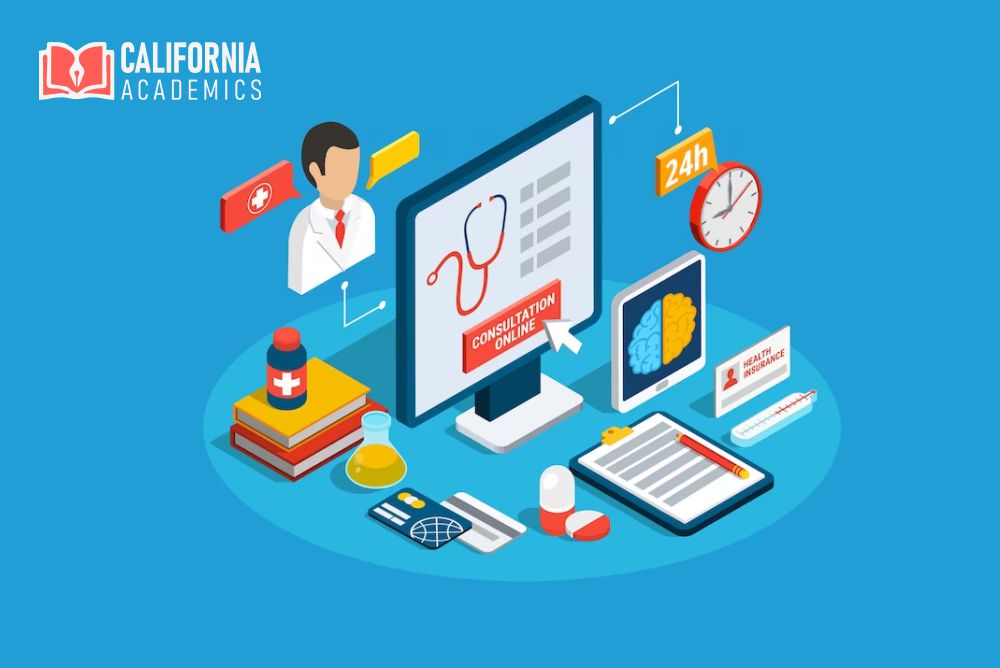The role of big data and analytics in medical research has been a game-changer in the healthcare industry. With the growth of digital technologies, researchers have access to vast amounts of healthcare data that they can use to derive valuable insights. Let’s examine the importance of big data and analytics in medical research and explore some of the challenges that researchers face when using this data.
The Importance of Big Data in Medical Research
Big data provides a wealth of information that researchers can use to uncover patterns and trends in patient care. By analyzing large datasets, researchers can identify correlations between different variables, such as treatment efficacy, patient outcomes, and disease incidence. This allows them to develop new treatments and improve existing ones, which can ultimately improve patient outcomes.
Big data and analytics can help streamline the drug development process by identifying the most promising drugs for clinical trials more efficiently. This not only saves time and money but also helps get new treatments to market more quickly.
Challenges of Using Big Data in Medical Research
While big data and analytics offer many benefits for medical research, there are also challenges associated with using this data. One of the biggest challenges is ensuring data privacy and security. Medical records contain sensitive patient information, and researchers must take steps to protect this data from cyber threats.
Another challenge is ensuring data quality. With large datasets, it can be difficult to ensure that the data is accurate and consistent. This can lead to errors in analysis and interpretation, which can ultimately lead to incorrect conclusions.
Next one is the sheer volume and complexity of the data that is being generated. With so much data to analyze, it can be difficult for researchers to identify the most relevant information and draw meaningful conclusions from it.
So there is a need for robust data management and analysis capabilities. Researchers must have the tools and expertise to manage and analyze large datasets effectively. This requires significant investments in technology and training.
Benefits of Big Data and Analytics in Medical Research
One of the primary benefits of big data and analytics in medical research is the ability to identify patterns and trends in patient care. By analyzing large datasets, researchers can identify correlations between different variables, such as treatment efficacy, patient outcomes, and disease incidence. This allows them to develop new treatments and improve existing ones, which can ultimately improve patient outcomes.
In addition, big data and analytics can help streamline the drug development process. By identifying the most promising drugs for clinical trials more efficiently, researchers can save time and money and get new treatments to market more quickly.
Another benefit of big data and analytics is the ability to develop personalized treatments based on a patient’s unique genetic makeup. By analyzing a patient’s genetic data, researchers can identify treatments that are most likely to be effective for that individual, leading to better treatment outcomes.
Finally, there is a need for robust data management and analysis capabilities. Researchers must have the tools and expertise to manage and analyze large datasets effectively. This requires significant investments in technology and training.
Future Directions for Big Data in Medical Research
As technology continues to advance, the role of big data and analytics in medical research is likely to expand even further. One area of potential growth is in the use of wearable devices and other sensors to collect real-time health data from patients. This data can then be analyzed to identify early warning signs of disease and other health problems, allowing for earlier intervention and better treatments.
Another area of growth is in the development of artificial intelligence and machine learning tools for medical research. These tools can help researchers identify new risk factors for diseases, track disease progression, and develop personalized treatments based on a patient’s unique genetic makeup.
Big data and analytics have become an essential tool for medical research, providing researchers with valuable insights into patient care and treatment outcomes. However, there are also challenges associated with using this data effectively, including data privacy and security concerns, data quality issues, and the need for robust data management and analysis capabilities.
As technology continues to advance, the role of big data and analytics in medical research is likely to expand even further, opening up new possibilities for improving patient outcomes and developing new treatments for a wide range of health conditions.

Impact of the Big Data on Medical Research
Big data has transformed the landscape of medical research in recent years, enabling researchers to access and analyze vast amounts of patient data in order to identify patterns and correlations that were previously difficult or impossible to detect. This has the potential to revolutionize the way that diseases are diagnosed and treated, and could ultimately lead to better outcomes for patients.
One of the key benefits of big data in medical research is the ability to develop personalized treatment plans for individual patients based on their unique genetic makeup. By analyzing large datasets of genetic information, researchers can identify specific genetic mutations or variations that may be associated with particular diseases or conditions. This can help clinicians to tailor treatments to each patient’s specific needs, which can lead to better outcomes and reduced side effects.
Another area where big data is having a significant impact is in the development of new drugs and therapies. By analyzing large datasets of patient data, researchers can identify potential targets for new treatments and develop drugs that are more effective and have fewer side effects. This can help to speed up the drug development process and get new treatments to market more quickly.
Hence, there is a need to ensure that the benefits of big data are distributed fairly and equitably. With access to large amounts of data and sophisticated analytical tools, researchers in wealthier countries and institutions may have an unfair advantage over their counterparts in less developed countries or with fewer resources.
Potential of Big Data on Medical Research
The potential of big data on medical research is immense. By leveraging the vast amounts of data generated by electronic health records, genomic sequencing, and other sources, researchers can identify patterns and correlations that were previously difficult or impossible to detect. This has the potential to transform the way that diseases are diagnosed and treated.
One area where big data is having a significant impact is in the development of personalized medicine. By analyzing large datasets of genetic and clinical data, researchers can identify biomarkers and genetic mutations that are associated with particular diseases or conditions. This can help clinicians to develop personalized treatment plans tailored to each patient’s specific needs.
Additionally, big data is being used to identify and track disease outbreaks, monitor public health trends, and identify populations that are at risk for particular diseases. This can help public health officials to develop targeted interventions and policies to prevent the spread of disease and improve population health. The potential of big data in medical research is vast, and has the potential to transform the way that diseases are diagnosed, treated, and prevented.
Looking for professional medical writing services to help you navigate the challenges and opportunities of big data in medical research? Look no further than California Academics. Our team of experienced medical writers can help you distil complex data and research into clear, concise reports and publications that will help you achieve your research goals. Contact us today to learn more about how we can help you harness the power of big data and drive innovation in medical research.
